Hezbollah says supports new govt. capable of rescuing Lebanon economy
Hezbollah supports a new government capable of quickly carrying out essential reforms in the cash-strapped country of Lebanon as further economic deterioration, including the risk of sharp currency devaluation, would exacerbate social tensions, an official with the Lebanese resistance movement says.
Sheikh Mohammed Amro said on Friday that Hezbollah was looking forward to the formation of a government of “specialists”, and that it wanted to ask former Prime Minister Saad al-Hariri to be the head of a new government, but he refused.
“The upcoming government has our support and we hope it saves the country because it is going to include competent scientific, administrative and political figures,” he said after a Hezbollah delegation met with Maronite Patriarch Beshara Rai in Bkirki area northeast of the capital Beirut on the occasion of Christmas.
“The government must include specialists in order to garner the parliament's approval, and to be able to carry out its work in light of regional and international complications,” Sheikh Amro added.
He noted that Hezbollah did not suggest yet any name for the cabinet, saying, “We are waiting for the prime minister-designate [Hassan Diab] to contact us. It is still early to talk about names.”
Sheikh Amro highlighted that Hezbollah “worked hard” for the re-designation of Hariri but he withdrew from the premiership race.
The new government “will not be one-sided and will serve Lebanon and its economy,” he said.
Diab has vowed to form a government made up of “independent specialists,” who do not belong to political parties.
Both Parliament Speaker and leader of the Amal movement Nabih Berri, and Hezbollah officials have called for the formation of a techno-political government, which embraces and represents all parties.
Lebanon has been facing a very tough economic situation because of the failing policies of successive governments, which have led to the impoverishment of the people.
Growth in Lebanon has plummeted in the wake of endless political deadlocks and an economic crisis in recent years.
The country hosts 1.5 million Syrian refugees, and their presence is often blamed for putting pressure on the already struggling economy.
Unemployment stands at more than 20 percent, according to official figures.
The Lebanese Finance Ministry says the national debt is hovering around $85 billion, which accounts for more than 150 percent of Gross Domestic Product (GDP).
Successive governments have also failed to address a waste management crisis or improve the electricity grid, which is plagued by daily power cuts.
On October 29, Hariri submitted his resignation to President Michel Aoun.
Under the constitution, Hariri’s cabinet would stay on in a caretaker capacity until a new government is formed.
The protests began on October 17, when the government proposed imposing a tax on Whatsapp calls, along with other austerity measures.
Protesters in Lebanon have stopped blocking roads and setting up barricades, and instead shifted to holding sit-ins at state-affiliated sites.
They say they will maintain pressure on the political establishment until their demands for the departure of the ruling elite and an end to chronic economic mismanagement and corruption are met.

Lebanese students protest to show solidarity with Palestinians in Gaza
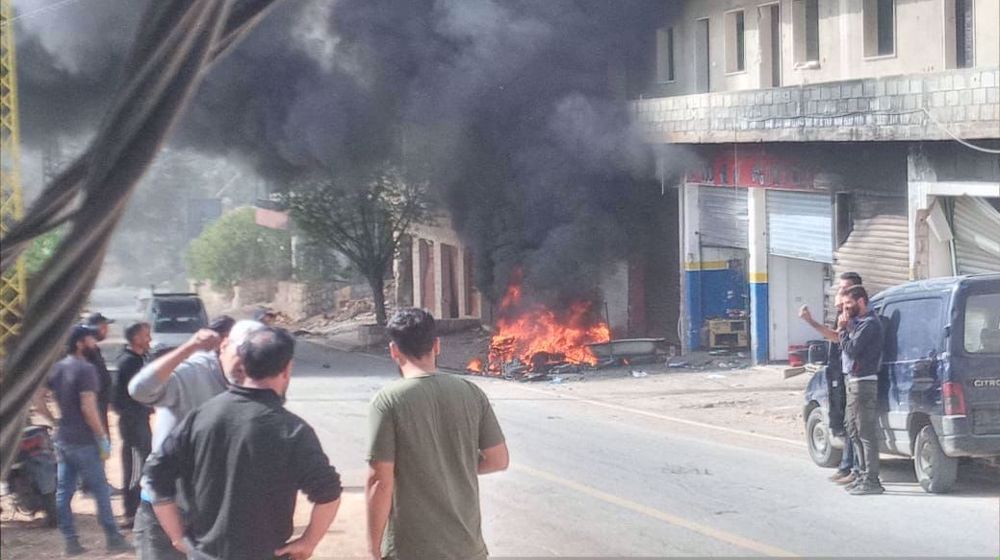
Lebanese man killed as Israel strikes south in violation of ceasefire
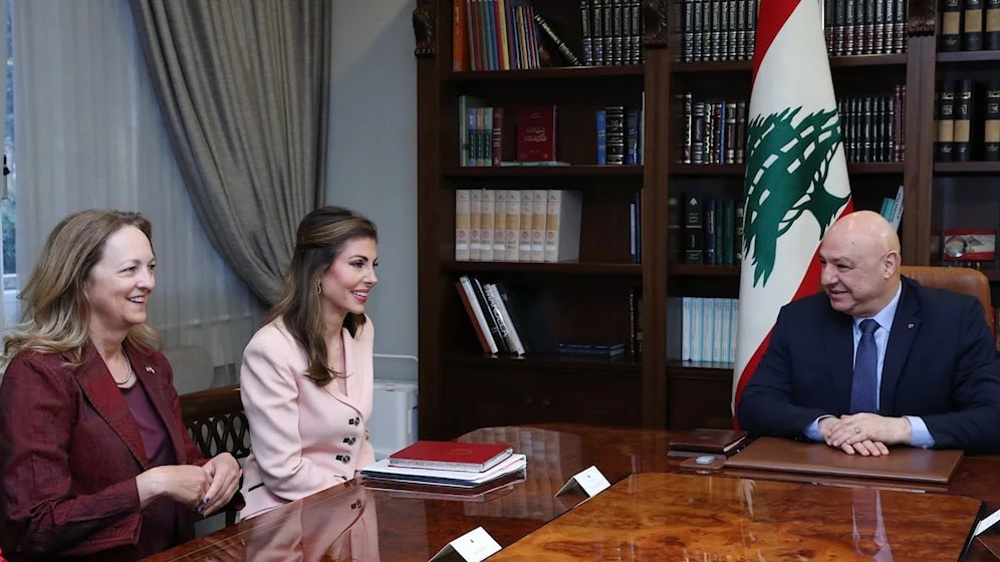
Lebanon calls on US to stop Israeli strikes, ceasefire violations
Trump announces 90-day pause on tariffs but raises China levies to 125%
OIC censures Israel for decision to close 6 UNRWA schools in al-Quds
VIDEO | At least 8 civilians killed in latest US airstrikes in Yemen
US war on Yemen risks draining arms Pentagon would need to deter China: Report
60,000 Palestinian children starve as Israel continues blockade of Gaza
Electricity available to nearly 59,000 villages in Iran: Tavanir
Palestinian imprisoned by Israel since childhood to be released April 11
British MPs urge ‘Iraq style’ investigation into UK’s complicity in Gaza war


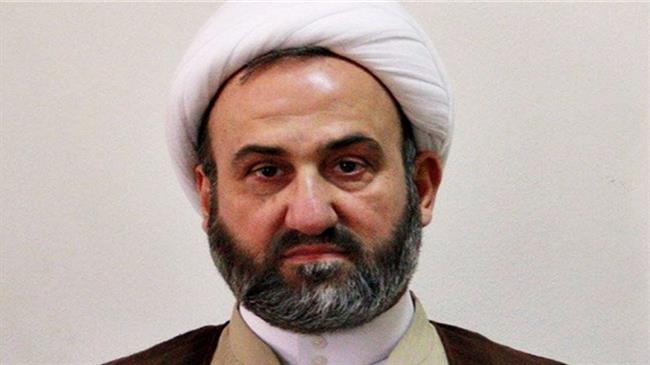








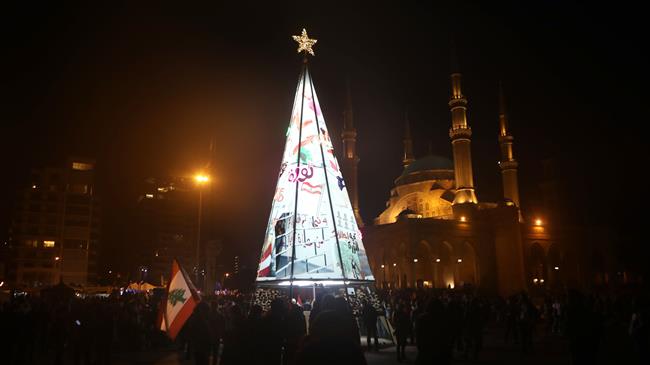
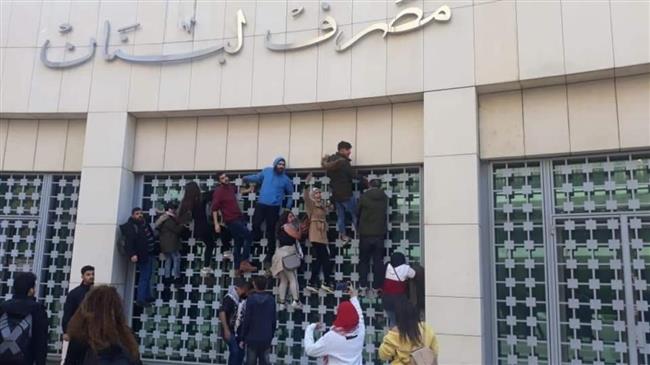
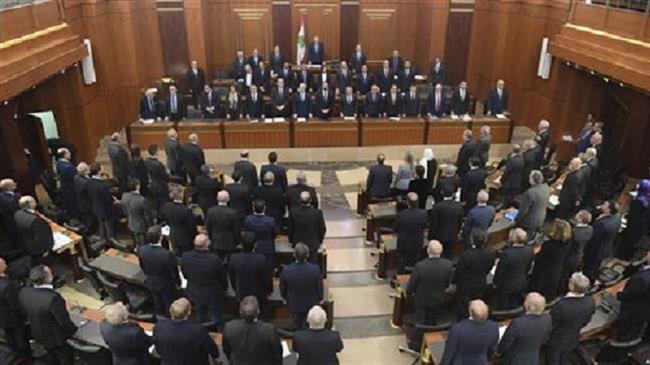
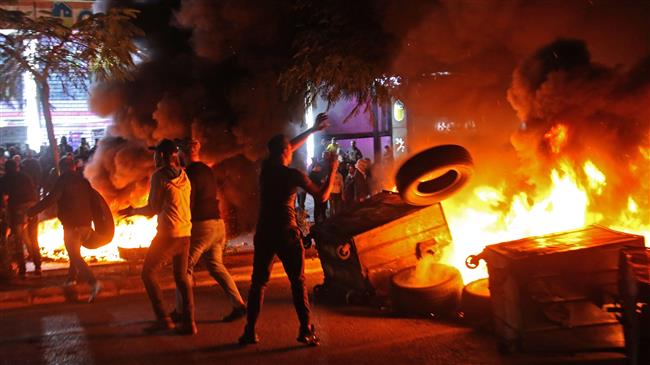
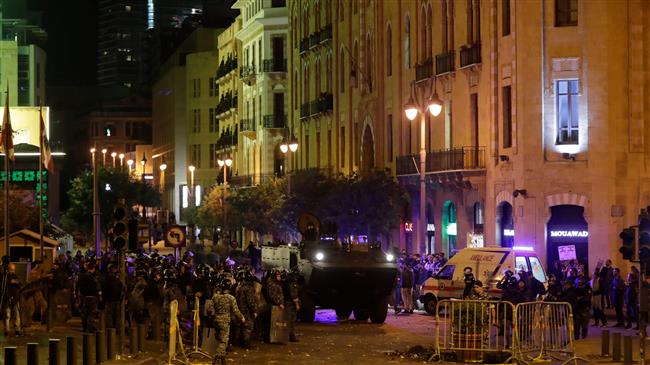
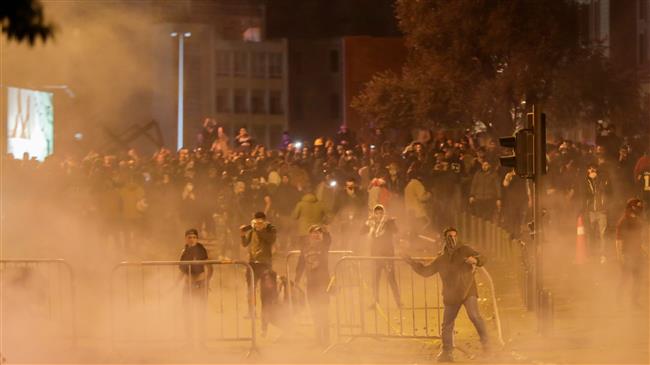
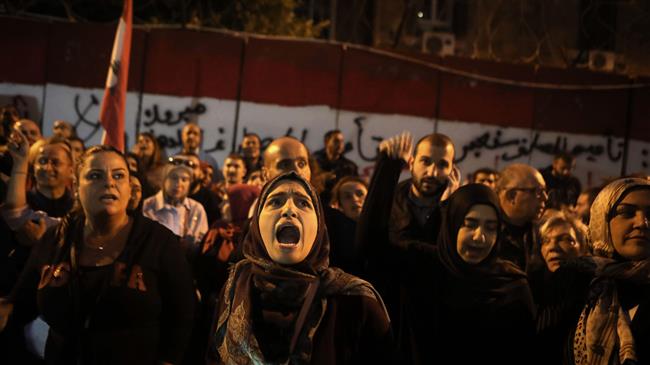

 This makes it easy to access the Press TV website
This makes it easy to access the Press TV website